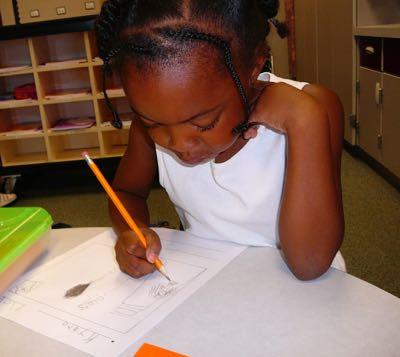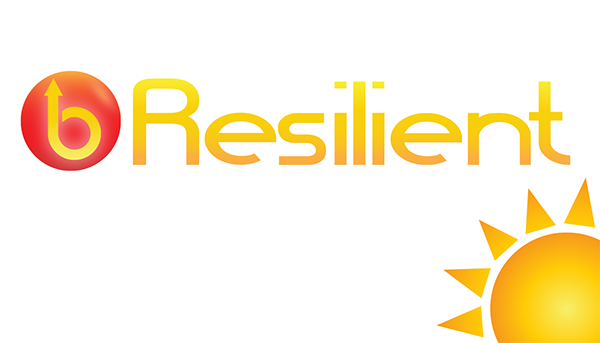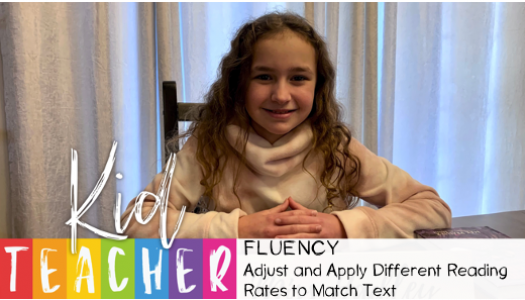Lori Sabo
In the PBS series Pioneers of Television: Acting Funny, Tina Fey talks about her measured, highly prepared approach to comedy. I was especially intrigued when she talked about relaxed readiness. She went on to say her work requires a great deal of preparation. She prepares, prepares, and prepares some more. This allows her to be in a state of relaxed readiness so that if something spontaneous does happen, she is there and capable of seizing the moment.
The idea of relaxed readiness has been simmering in my mind ever since. I believe it’s as relevant in the classroom as it is in the entertainment industry, and I came face-to-face with it when I observed Matt Glover model one-on-one writing conferences in a kindergarten classroom. Matt is a brilliant mentor for anyone fortunate enough to observe him. He hunkered down, greeting each five-year-old student with sincere interest and delight. Each conference followed a predictable structure.
- Investigation—He observed and interviewed, coming to an understanding of what each child was trying to do as a writer.
- Decision—He made a decision about what to teach and how to teach it. When faced with a wide variety of ways he could go (which is especially common with our youngest writers), he thought about what one thing he could teach that would make the biggest difference, not only in the current piece of writing but in the pieces that would follow it.
- Teaching—He clearly articulated what he wanted to teach each child. Then he either demonstrated or showed an example in a mentor text using a published book, his own writing, or the writing of a classmate.
- Connecting—He recapped what the child had done as a writer and how they needed to carry the skill on in their future work.
The decision and teaching portions of the structure are where Matt’s relaxed readiness really shone through. He has a vast depth of knowledge and understanding of stages of development, the grade-level expectations, and beneficial mentor texts. It is this professional expertise that allows him to relax, be present, and respond with laserlike readiness to teachable moments.
I want to be like that. Do you? If so, we must take responsibility for our own professional development, immersing ourselves in excellent professional resources and aligning ourselves with people who can make it happen, whether a teaching partner, conference speaker, or Twitter mentor. Then we too can experience the sweet and rewarding satisfaction of relaxed readiness.
News From The Daily CAFE
Listen to Reading for Multilingual Students
Brain Breaks — 12 Ideas
Adjust and Apply Different Reading Rates to Match Text: Kid Teacher









